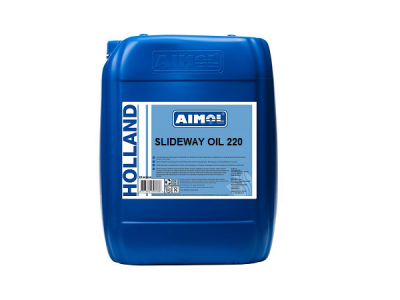Hydraulic oils: types and characteristics

Hydraulic oils are essential for the proper functioning of hydraulic systems in various industrial applications. These oils are specially formulated to provide lubrication, corrosion protection, heat dissipation, and hydraulic power transmission. In this article, we will discuss the types of hydraulic oils available in the market and their characteristics. Ну а подробнее читайте на сайте: https://clasta.ru/catalog/industrialnye_masla/gidravlicheskie_masla/
Mineral hydraulic oils
Mineral hydraulic oils are the most commonly used type of hydraulic oil. They are derived from crude oil through a refining process. These oils have good lubricating properties and thermal stability, making them suitable for a wide range of industrial applications. However, they have limited oxidation resistance and tend to degrade over time.
Synthetic hydraulic oils
Synthetic hydraulic oils are manufactured using chemically synthesized base oils. These oils offer superior performance compared to mineral oils, including better oxidation resistance, thermal stability, and wear protection. Synthetic hydraulic oils are commonly used in high-temperature and high-pressure hydraulic systems where mineral oils may not perform well.
Biodegradable hydraulic oils
Biodegradable hydraulic oils are environmentally friendly alternatives to conventional hydraulic oils. These oils are derived from renewable resources such as vegetable oils and are biodegradable, making them suitable for applications where environmental concerns are a priority. However, biodegradable hydraulic oils may have limited performance in extreme operating conditions.
Fire-resistant hydraulic oils
Fire-resistant hydraulic oils are specially formulated to prevent or minimize the risk of fire in hydraulic systems. These oils are used in applications where there is a high risk of fire, such as steel mills, foundries, and mining operations. Fire-resistant hydraulic oils are available in different formulations, including water-based, synthetic, and phosphate ester-based oils.
Characteristics of hydraulic oils
Regardless of the type of hydraulic oil, there are certain characteristics that are essential for optimal performance in hydraulic systems. These characteristics include:
Viscosity
Viscosity is a measure of the oil’s resistance to flow. The viscosity of hydraulic oil is critical to ensure proper lubrication and hydraulic power transmission. Different types of hydraulic oils have different viscosity grades, and it is essential to select the right viscosity for the specific application.
Oxidation stability
Oxidation stability is the oil’s ability to resist oxidation when exposed to air and high temperatures. Hydraulic oils with good oxidation stability have a longer service life and provide better protection to hydraulic system components.
Anti-wear properties
Anti-wear properties refer to the oil’s ability to protect hydraulic system components from wear and damage. Hydraulic oils with good anti-wear additives form a protective film on metal surfaces, reducing friction and wear.
Corrosion protection
Corrosion protection is essential to prevent the formation of rust and corrosion in hydraulic systems. Hydraulic oils with corrosion inhibitors help protect hydraulic system components from the damaging effects of moisture and other contaminants.
Conclusion
Hydraulic oils play a crucial role in the efficient operation of hydraulic systems in various industrial applications. It is essential to select the right type of hydraulic oil based on the specific requirements of the application. Whether it is mineral, synthetic, biodegradable, or fire-resistant hydraulic oil, each type offers unique advantages and characteristics that cater to different operating conditions.


